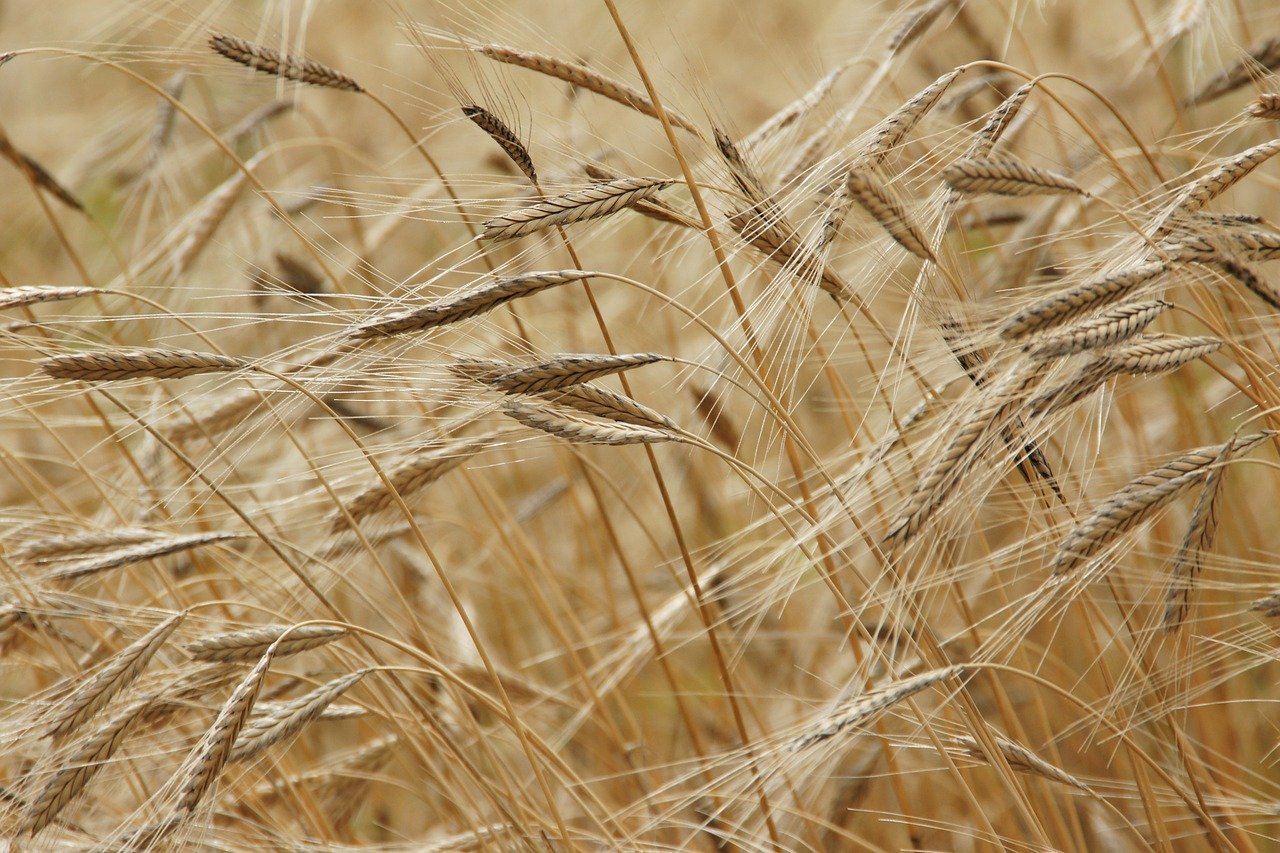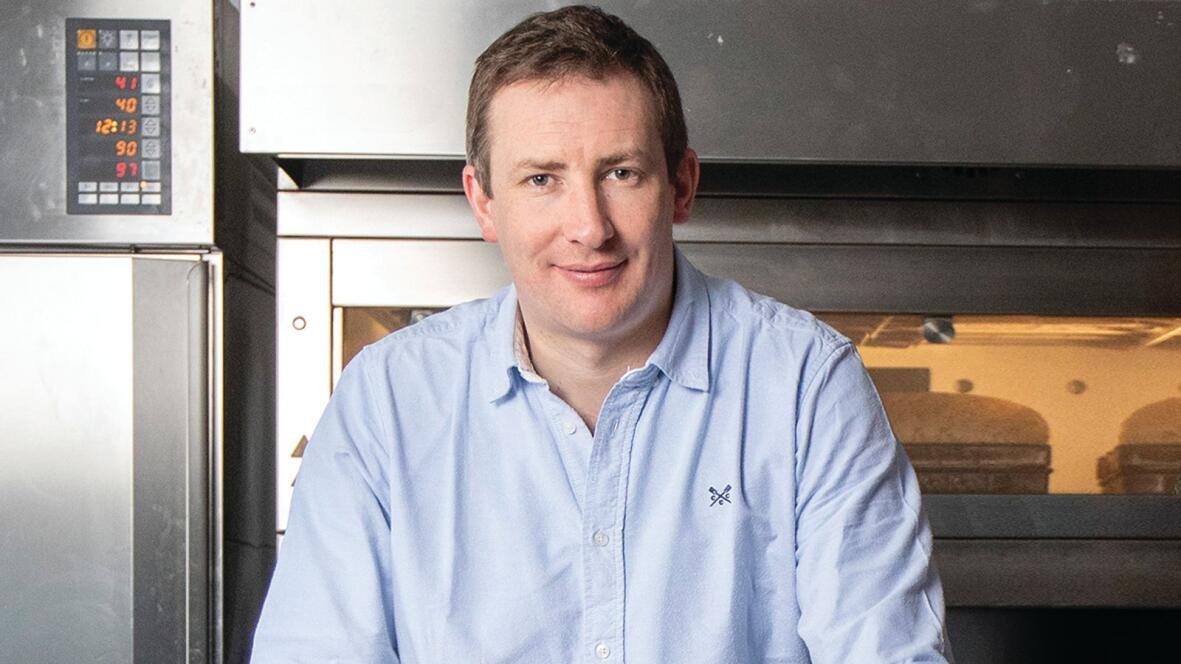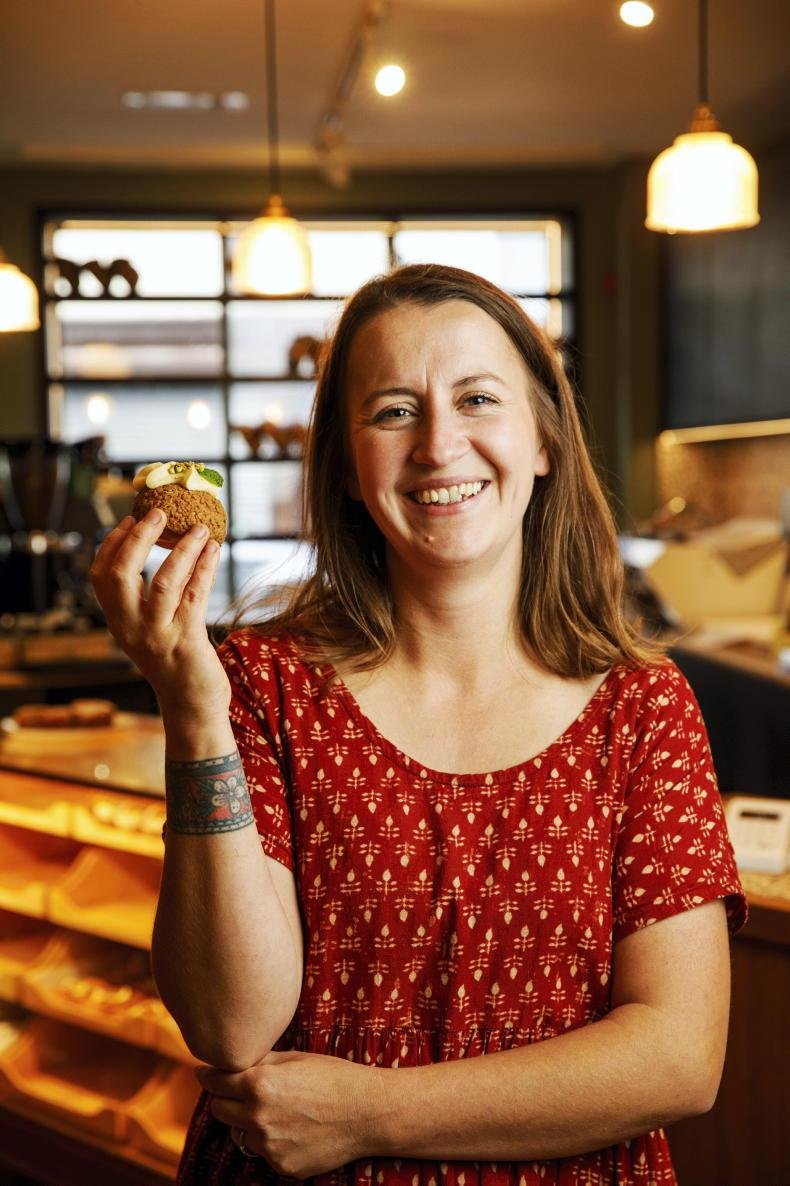
What and Why
We are a not-for-profit group supporting people and businesses within Ireland taking action to develop a diverse and improved Irish grain economy.
With a focus on the future challenges of climate change and food security, we aim to build a strong network of plant experts, growers, farmers, millers, bakers, brewers and retailers through increased connection, collaboration and knowledge sharing.
Our Aims:
Create, develop and foster strong relationships between farming communities and food producers on the whole island of Ireland - building connections and strengthening opportunities for stronger collaboration.
Encourage and empower bakers, brewers and food producers to develop products with crops grown on our land, developing food with a preserved and national identity.
Identify and make clear the availability of relevant and desirable seed varieties suitable for growing in Ireland
Increase knowledge sharing amongst stakeholders, and provide access to knowledge, training and inspirational projects, both in Ireland and abroad, that we can learn from.
Increase public awareness about the viability and value of Irish grain crops, and work to continue to change the narrative around these crops and their suitability for food production and human consumption.
Our Activities:
The Irish Grain Network organises grain focussed events to build relationships and foster action within our community, and regain the use of Irish grown and milled grains. Activities throughout the year include participatory meetings, along with networking events, panel discussions, tastings and on farm and in bakery knowledge sharing days.
Sarah Richards,
Seagull Bakery, Tramore
“The narrative in Ireland has to change - we can, we will and we are baking bread with Irish grown grain. If I could get enough, every loaf from each of my 3 bakeries would be made with it. The commentary of the past 70 or so years that Irish grain isn't suitable for baking bread is wrong - it is an outdated reflection of the industrial food system that has built around us, and it is damaging.
Following years of research and many attempts at bettering my flour supply, the first moment I felt truly connected with the possibility of a better future for the Irish loaf was when Emma Clutterbuck of Oak Forest Mills walked through my doors in 2018. Not only was this the beginning of a strong partnership between us, it was also the beginning of my conviction that we could firmly change the tide on the flour we were feeding to our communities.
We are a country with a strong milling and baking history, but we are also one of resilience. Now it is time for us to build better resilience into our food systems, reduce our reliance on imports and focus on the prioritisation of the delicious, nutritious and local grain economy that we have the possibility of rebuilding on this island.”
Darina Allen,
Ballymaloe Cookery School and Farm School, Cork
“Around 90% of our flour is imported, a similar percentage for our fruit and vegetables - an increasingly vulnerable value chain negatively impacted by the affects of climate change such as adverse weather conditions, wars such as the invasion of Ukraine and geo political changes like Brexit. It's time to re-define Food Security and to take back control over the food available to us, our families, our friends, our communities and our customers.
Historically Ireland had over 7000 active mills, today we have less than a dozen never mind a baker's dozen. Ireland's local food culture is on the verge of extinction and we are on a fast track to becoming totally reliant on food grown elsewhere that can easily be grown here and with better social, economic and environmental results not to mention taste.
The Irish Grain Network is an opportunity to bring together all the key stakeholders and through our collective influence we can create change - from the ground up. Together we are greater than the sum of our parts.” Read full statement here.
Rob Mosse,
Little Mill and Kells, Kilkenny
“You might be surprised to hear that Ireland grows some of the very best cereals and pulses in the world. We are in fact world leaders in growing oats and beans.
Like everything this great little Island of ours focuses its mind on, we can pack a punch above our weight. Success comes down to playing to your strengths.This is important when it comes to growing cereals for baking. Our strength lies in what you want to bake and how you want to bake it.
I believe we have a duty to our culture and our future society to foster the knowledge base for Irish grown, milled and baked bread and confectionary.”
Ciara O’Hartghaile,
Ursa Minor Bakehouse, Ballycastle
“The Irish Grain Network is vital, it’s potential invaluable.
As an advocate for Irish ingredients, baking exclusively with Irish grain, I am frustrated by my own lack of understanding and connection with our farmers and crops; even on our small farming island the links between growers, producers and consumers has become disjointed, especially prevalent between north and south.
Now, more than ever, we have a duty to be transparent, to educate ourselves and to create meaningful relationships, which not only provide credible traceability and quality, but which are supportive, encouraging and innovative.
The Irish Grain Network is a pioneering movement and I am hugely excited at the potential opportunities to collaborate, to learn, to share with my fellow grain enthusiasts and to be more equipped with knowledge and support to lead us all, across the whole island, into a better and more nourishing food future.”
Gerry Godley,
Bread Man Walking and Academic, Dublin
“There is plenty of grain in Ireland, but hardly any now goes to a mill to be turned into flour for our daily bread. That's a problem if the 220,000 tonnes we import annually come unstuck, and as events in Ukraine tragically demonstrate, the global grain system is far from robust. We have made ourselves vulnerable by deforming Ireland's shared farmland inheritance toward skewed priorities that favour export markets over the food needs of her citizens.
It wasn't always thus.
Ireland has a deep history of cultivating grains for humans to consume. It can do so again, and the collective knowledge in this network knows how to get us there.”
Jess Murphy
Kai and Hapi Bakery, Galway
“It starts with planting a seed and a community of like minded folk who want to propel our food communities into a cohesive culture - I joined Irish Grain Network at their first meeting in 2022, and this is what this is about.
We need the sharing of knowledge, and we need to stick together to fix our broken food systems in Ireland. By farmers, millers, brewers, bakers and chefs networking with each other, we are building better and newer ways of working together so we can, and will, leave this Ireland a better place”
Emma Clutterbuck,
Oak Forest Mills, Kilkenny
“We are on the cusp of chaotic climate change. Ireland needs to diversify its food production if we are to reduce the risk of over-reliance on imports and a limited range of local food.
Ireland has and continues to produce good quality milling grain, contrary to the modern shibboleth that we can’t.
It is urgent that we start to resusitate local grain and other plant-based food production systems before it is too late”
Will Gabbett,
Regenerative Farmer, Ballaghtobin, Kilkenny
“The most satisfying part of farming that I can remember is eating bread from Spelt which I grew, that had been both milled and baked locally. It’s surprising how something so basic has taken me 40 years to realise - just how detached as primary producers we have become.
I live not far from the Kings River that previously had 16 operating flour mills on an 8km stretch, if grain growing and processing isn’t part of who we are, then there isn’t much that is.”
Joe Fitzmaurice,
Riot Rye Bakehouse and Bakery School, Cloughjordan
“Growing a diverse local grain economy, featuring multiple crops and decentralised production is vital. This will create a thriving food system in which crops can adapt to changing conditions, resist climate
and environmental shock and forge strong bonds between those who grow and nourish the soil and those for whom they provide.”
Karen O’Donoghue,
Happy Tummy Co., Westport
“Today, in 2023, we are not farming enough wheat to feed our population for even a day.
I am hopeful that a network such as this one can embody the spirit and actions necessary to resolve our longstanding food security issue. Some of us have been educating for change, others growing, whatever the responsibility chosen there is no time left for debate on the necessary.
On the 6th of June 1928 during a Seanad Éireann debate Thomas Linehan, member of the Seanad and farmer from Co. Cork urged “that the cultivation of a greatly increased area of Irish-grown wheat for home consumption has become a matter of urgent importance. The area under wheat in the Saorstát was 29,386 acres in 1926, the produce of which would not suffice to feed the population for more than three weeks, whilst it is calculated that it would require the produce of 563,070 acres to supply fully the bread requirements of the nation.” Then, about 3 million people.
I am certain of one thing. Consumer buying behaviour needs to change drastically and that is reliant on their current demands for cheap food not being supplied.
I have felt sufficiently angry enough for change for quite some time.”
Ryan Lally,
Grá Pizza, Maynooth
“Using Irish grain is so important to me, not just in terms of flavour, but for the connections I have made with both the grower and miller of my flour - one of my primary ingredients.
Learning to work through any challenges I may have using different grains and not taking the route of using an industrially produced and ‘consistent’ flour has drastically improved the flavour in the dough as well as my skills as a chef”
Maurice Deasy,
Canvas Brewery and Farming for Nature, Tipperary
“It is amazing the pride I feel of handing someone a product made from our grain, something truly local and connected to our surrounding environment. For years we have grown grain as a commodity, with no value over internationally traded grain. What is so exciting is getting involved in an alternative whereby the grain we grow is valued as food and nourishment for our communities here, rather than simply a financial transaction.
There is such a huge potential of the Irish Grain Network to empower and connect people throughout the grain supply chain. To enable grain to be seen as the people, the soil and environment in which that grain was grown. I think this is crucial to realising localised, resilient and short supply chains for the grains we use and eat daily.”
-
Isabel grew up in Co. Kildare, and is now based between both Kildare and London. Having been inspired by The Bread Lab in Washington State, Isabel has been a Co-Director of UK Grain Lab since 2018, and works predominantly with bakeries, mills and food businesses to improve their sourcing, supply chains and product offering.
-
Grace is based in Carlow and has spent many years working in the organic sector as a grower, teacher and with the Irish Organic Association helping to promote and develop the sector. Grace is currently working on a PhD exploring the potential of heritage wheat as a crop grown under organic farming conditions.
-
Jason Horner is from Co. Clare. Jason is an experienced horticultural grower, with over 30 years experience in the sector. Having spent recent years representing Ireland with the GAIA Seed Sovereignty Programme, Jason has a demonstrated passion for improving both what and how we are growing crops here on our land in Ireland.
Founded by:











